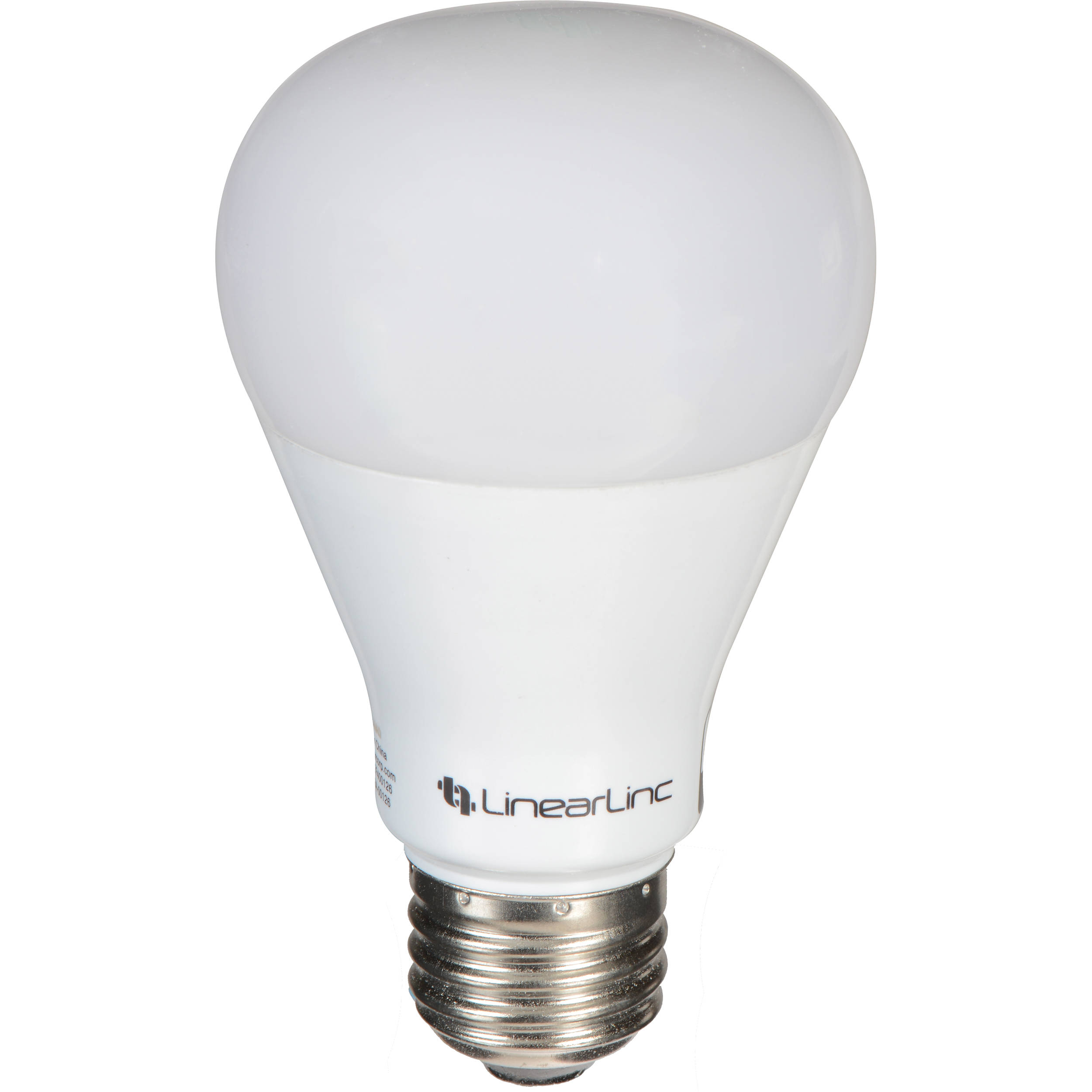this post was submitted on 03 Nov 2023
121 points (92.9% liked)
Asklemmy
43979 readers
716 users here now
A loosely moderated place to ask open-ended questions
If your post meets the following criteria, it's welcome here!
- Open-ended question
- Not offensive: at this point, we do not have the bandwidth to moderate overtly political discussions. Assume best intent and be excellent to each other.
- Not regarding using or support for Lemmy: context, see the list of support communities and tools for finding communities below
- Not ad nauseam inducing: please make sure it is a question that would be new to most members
- An actual topic of discussion
Looking for support?
Looking for a community?
- Lemmyverse: community search
- sub.rehab: maps old subreddits to fediverse options, marks official as such
- !lemmy411@lemmy.ca: a community for finding communities
~Icon~ ~by~ ~@Double_A@discuss.tchncs.de~
founded 5 years ago
MODERATORS
you are viewing a single comment's thread
view the rest of the comments
view the rest of the comments

This is a really interesting article on lightbulbs, which have a pretty conspiratorial past: https://interestingengineering.com/science/everlasting-lightbulbs-exist-ed
Did you know that a secret meeting was held in Geneva in 1924 between lightbulb manufacturers that lead to the formation of the 'Pheobus Cartel'?
"The main objective of this cartel was to agree to control the supply of light bulbs. Each understood that if any one of them managed to develop a long-lasting light bulb, the need for replacement bulbs would likely dry up.
Bulbs were lasting too long. Not ideal from their point of view.
So, to combat this, all members of the cartel agreed to reduce the lifespan of bulbs on purpose. Initially, this was set to no more than 1,000 hours!"
The longest-lasting lightbulb was first turned on it 1901 and is still shining.
EDIT: Seems this is a myth, see replies for more information!
Technology Connections largely debunks this myth.
Light bulb will run for a very long time if you don't want it to be bright.
https://youtu.be/zb7Bs98KmnY?si=SDXvd0E9SPFbxKSG
Correct. We've replaced all our incandescent bulbs except for two 60w contractor bulbs in the a hallway that were installed when the house was built 18 years ago. All of the original higher wattage incandescents died within the first couple of years.
Thank you for the correction
Here is an alternative Piped link(s):
https://piped.video/zb7Bs98KmnY?si=SDXvd0E9SPFbxKSG
Piped is a privacy-respecting open-source alternative frontend to YouTube.
I'm open-source; check me out at GitHub.
Here is a really interesting video on lightbulbs which goes into how the light bulb cartel standard was more of a min-maxing of lifespan vs energy cost vs brightness than it was planned obsolescence.
Thank you for the correction!
That's a cop-out. Why else would the companies agree to a fine for every bulb that exceeded a certain lifespan?
I've heard that story, but it doesn't fit the facts. Bulb life and efficiency is a compromise and no conspiracy is needed for manufactures to all settle on a similar optimal compromise. Long life bulbs existed back in the day, they were sometimes useful but mostly not worth it.
Also, that lightbulb that still shines today is kept on such a low output that it would not be useful for anyone.
Technology Connections did a good video debunking the light bulb conspiracy myth: https://youtu.be/zb7Bs98KmnY?si=kuo40VBOPtMzokqZ